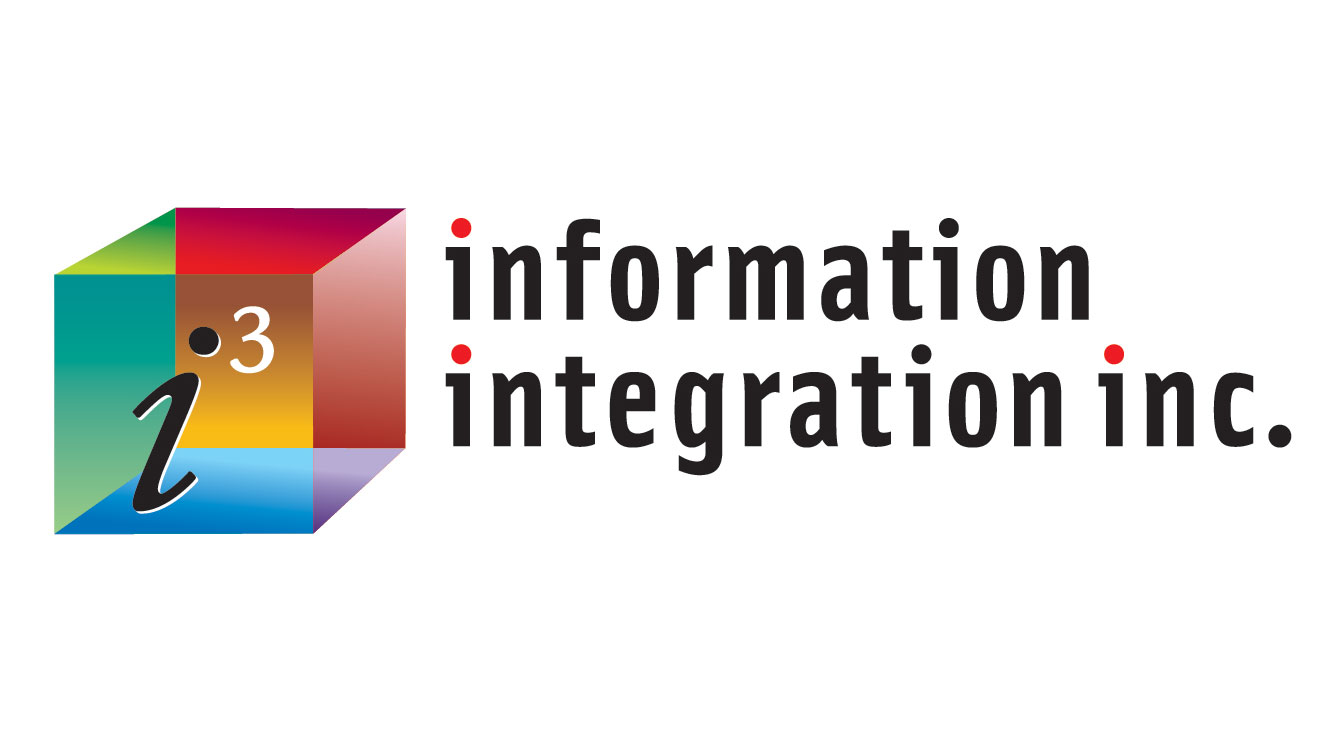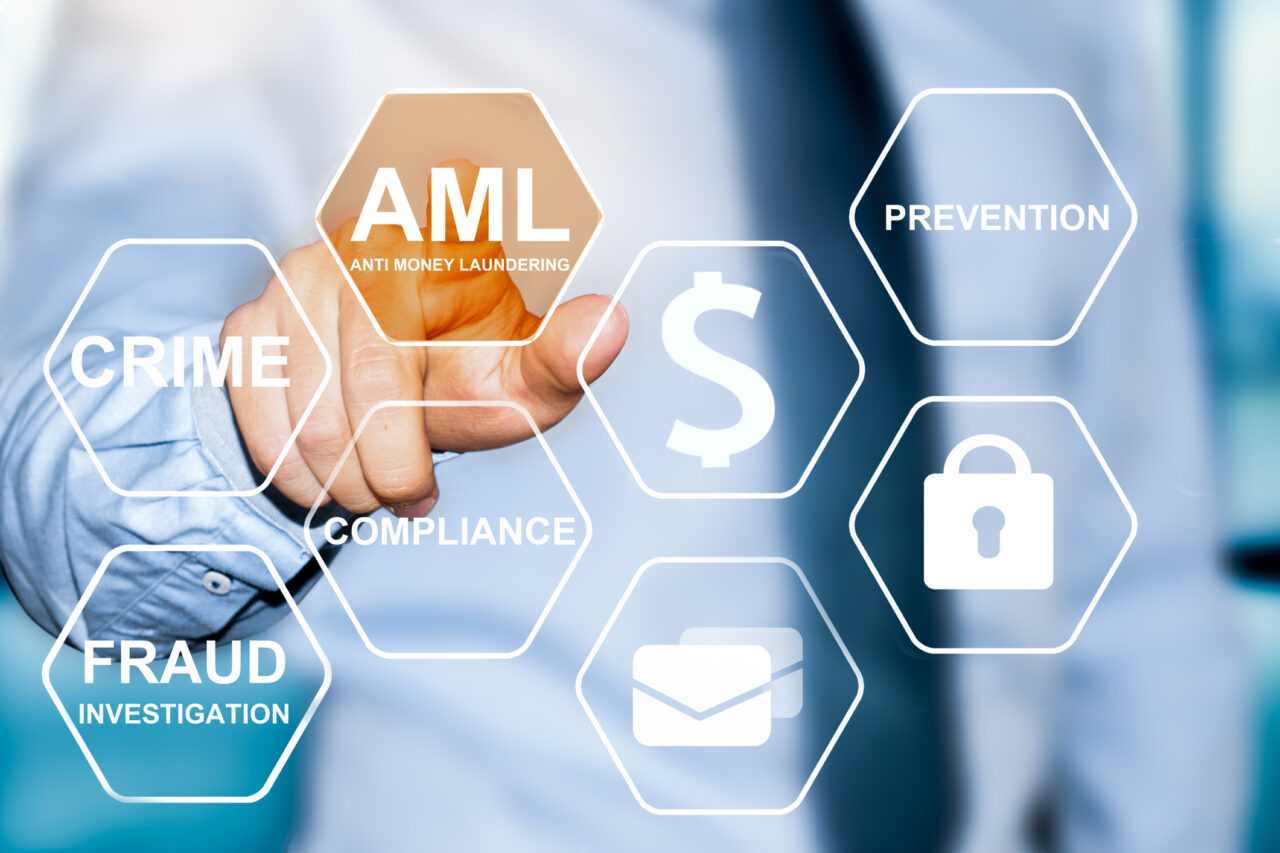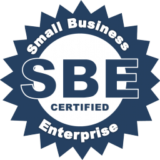By Milimo Moyo, AML Consultant
Most days, a Compliance Officer walks into their office and does one of many routine activities required by the Bank Secrecy Act or the PATRIOT Act. All of that changed on January 1, 2021 when the U.S. Senate voted to supersede former President Trump’s veto of the National Defense Authorization Act; legislators passed it into law and it includes the Anti-Money Laundering Act of 2020 (AMLA).
It is worth noting at the outset, that the new law has significantly altered the Bank Secrecy Act of 1970, as amended (BSA) and other anti-money laundering/countering financing of terrorism (AML/CFT) laws since the USA PATRIOT Act of 2001. This article highlights some of the interesting new changes and the impact on compliance officers’ day to day work.
Notable Changes
The AMLA:
- establishes a uniform beneficial ownership information reporting regime that includes reporting requirements for certain U.S. corporations and limited liability companies;
- codifies the risk-based approach to AML/CFT compliance;
- modernizes AML/CFT systems;
- significantly expands enforcement and investigation-related authority for the U.S. Department of the Treasury’s Financial Crimes Enforcement Network (FinCEN);
- empowers U.S. courts to subpoena foreign banks that maintain correspondent accounts with U.S. banks, and
- seeks to align supervision and examination priorities.
Evidently, the long-term overall goal of the AML Act is to steer the United States towards a more global regime of fighting financial crimes instead of the current approach that has hitherto focused on the domestic legal framework. This article will not address all the changes in detail.
Ultimate Beneficial Ownership (UBO)
The manner in which most large financial institutions in the United States have been applying customer due diligence for corporate entities was to drill down to identify individuals who ultimately owned 25% or more of a corporate entity. Some banks conduct due diligence using available information from the client and which is then verified using, a third-party site such as LexisNexis or the Secretary of State websites for different states or, if the entity was foreign, the applicable corporate registry. Examples below:
Florida entities: http://search.sunbiz.org/Inquiry/CorporationSearch/ByName
UK entities: https://find-and-update.company-information.service.gov.uk/
With the AMLA changes, accurate and updated UBO information might become more readily available.
Additional Context
In the United States, it is quite easy to form a U.S. company in many, if not all, states without revealing UBO data to the state incorporation or formation authority. Consequently, the United States was criticized by the Financial Action Task Force, an international standard setting body.
Under the new AMLA Act, certain corporations, limited liability companies and other similar entities, will be required to report ultimate beneficial ownership. A “reporting company” is required to submit, as part of the company formation or registration process, a report to the Financial Crimes Enforcement Network (FinCEN) including the name, address, date of birth and identification number of each UBO. Any changes must be reported within a year.
UBO Change for Compliance Officers
Compliance officers still have to take steps to verify any UBO data that is reported to them by a legal entity. Will banks then have to send a request to the UBO registry to verify? It is not yet clear how this will play out practically. Interestingly, there are 20 exemptions to this requirement e.g., publicly traded companies.
Increased Cooperation between US and Foreign Regulators
This change seeks to align supervision and examination priorities by increasing cooperation among domestic regulators and also between US and foreign regulators. Similarly, US banks may share Suspicious Activity Report data with their foreign branches. Overall, these changes support the viewpoint that the AMLA is steering the US towards a more global approach on AML/CFT issues.
Warning to Foreign Banks – Expanded Subpoena Authority for U.S. Courts
Foreign banks that have correspondent relationships with US banks must take note of this change. Under the USA PATRIOT Act of 2001:
U.S. Treasury and the Department of Justice (DOJ) had authority to subpoena “any foreign bank that maintains a correspondent account in the United States and request records related to such correspondent account, including records maintained outside the United States relating to the deposit of funds into the foreign bank.”
Under the new AML Act, this authority is expanded to include “any records relating to the correspondent account or any account at the foreign bank, including records maintained outside the United States” (emphasis added in this article). This is applicable as long as the account is the subject of any one of several enumerated types of investigations or actions.
Conclusion
While this article focused on specific changes there are a number of significant changes as listed at the outset. Many of the new changes will only be realized after some years of implementation. However, compliance officers should inform their boards of directors, foreign correspondents or branches and compliance employees of these changes and how they may impact their day-to-day compliance work.
If you need assistance with mobilizing resources in readiness for implementing the AMLA 2020 and/or updating your policies and procedures, i3 is well-placed to assist you. Please complete the form below for additional information.
Milimo Moyo is a Certified Anti-Money Laundering Specialist (CAMS) with more than 16 years’ experience in the AML/CFT space. She has had both public and private sector experience including being in various compliance roles at big US banks and US branches of European banks. She has a legal background with a Master of Laws Degree from NYU School of Law.





